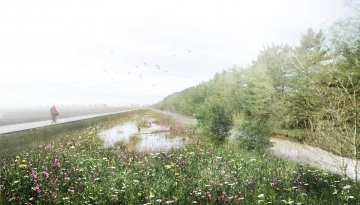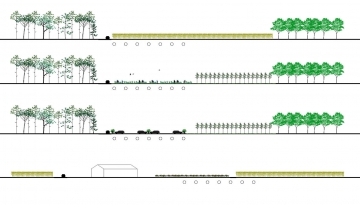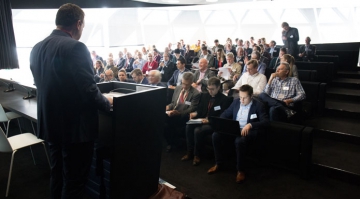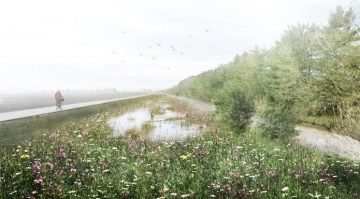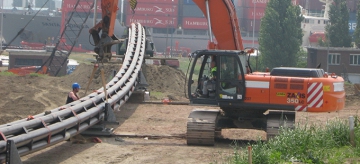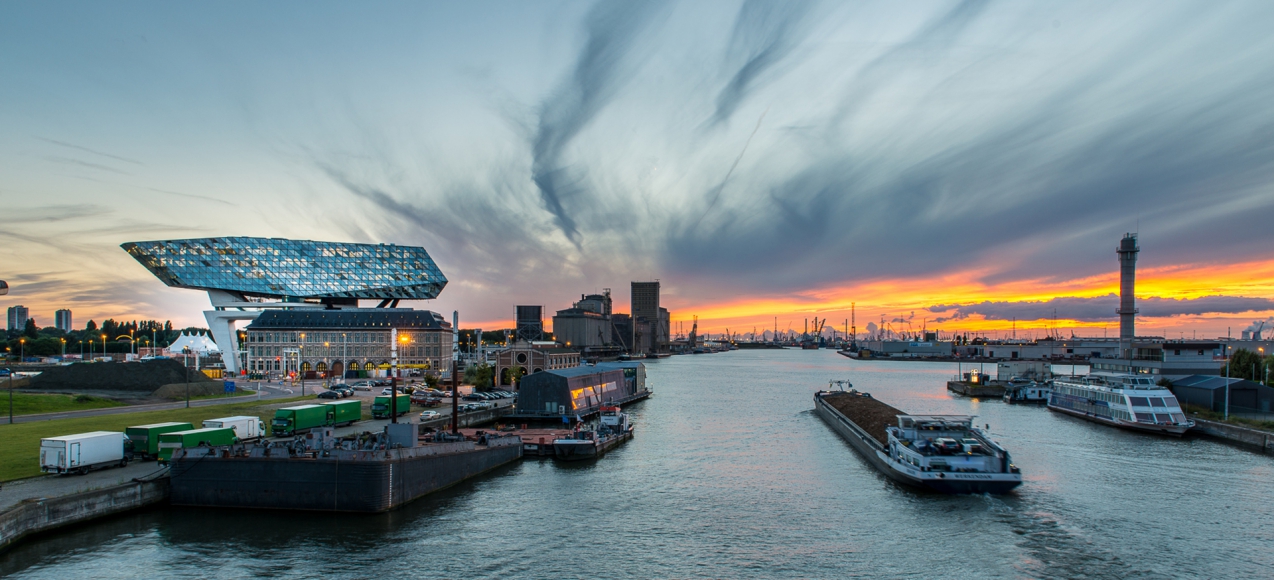

Study into a pipeline route from the Port of Antwerp to the Rühr Area
Questions? Let's get in touch.
Facilitating the energy transition using underground pipelines
The Government of Flanders (Environment) tasked Antea Group with the study of the spatial, economic, and procedural aspects associated with the planning reservation of a pipeline route. This included the design and analysis of potential routes, studying long-term economic potential, and exploring potential environmental procedures and participation processes for implementation.
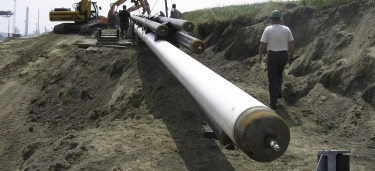
Pipelines are a full-fledged and safe mode of transport for the chemical industry. Other transport movements have a greater environmental impact. That is why we are reviving this project.
Zuhal Demir
Flemish Environment Minister


